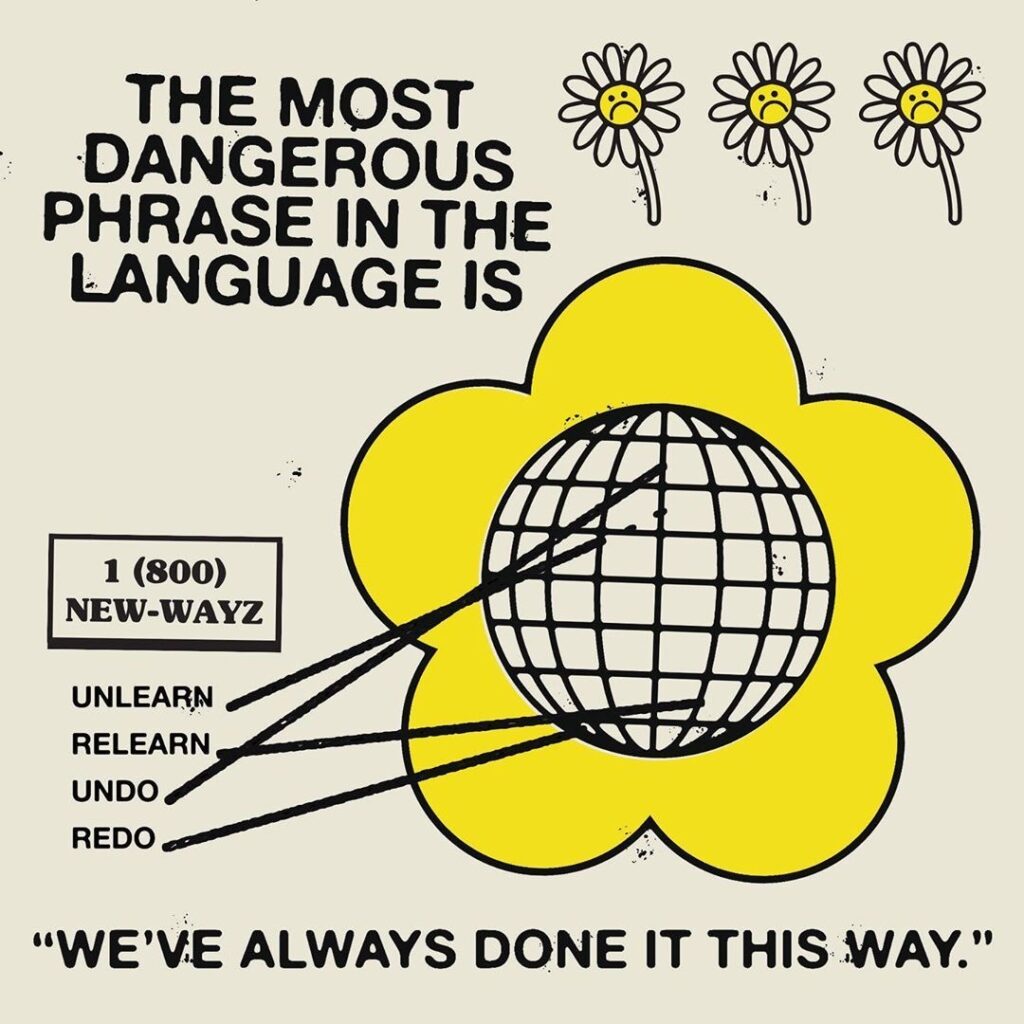We’re in the 21st Century. Can the Curriculum Say the Same?

Western Civilization Courses and the Like
The defense of Western Civ courses in curricula is usually based on professors’ experiences taking these kinds of courses themselves, in the 80’s and 90’s. I feel that institutions, for a long time, have been welcoming non-white students to participate in what is the ideal white education- teaching skills necessary to advance in a western thinking country, which only desegregated schools 25 years before some of these professors took these courses. Is there really no need to change or adjust them since then? Just because the status quo is useful doesn’t mean that it’s not tied to a racially inept history. “If it ain’t broke, don’t fix it” does not apply here- the class exists on a country’s framework that is inherently broken already. The class itself needs to be adjusted, to address and mitigate the implicit ideas of eurocentrism that are undoubtedly created. Implications that put the “West” first, and as the best, which are not conducive to tolerance or open mindedness.
The Future is Global, But so is the Present
The technology age has brought about global interconnectedness and interaction that has never been seen before, and the education system should not let itself be left behind. Alteration of the curriculum has happened in past eras at many institutions, especially during turbulent times like the Vietnam War. Student activism skyrocketed, exemplified by groups like Michigan’s Students for a Democratic Society. However, these waves and adjustments could not and did not factor in the enormous expansion of globalization that the modern internet would bring. Therefore, I would say that those arguing against contemporary core adjustment need to have significant proof of their core tailoring an experience to create a 21st century citizen, who would hopefully understand the world to have come about through more than just European preeminance.
What’s the Fix? Is There One?
Attempts to address this desired alteration and progression have happened in the past, and have garnered criticism. Some argue that transformationalist’s* past revisions in these courses have failed outright, resulting in classes with much lower popularity among students as well badly patched together classes with no clear goal other than opposing the abolished class.
(*Transformationalist: those who argue that the flow of culture is not one way, from the west to the developing world; it is a two-way exchange in which Western culture is also influenced, changed and enriched by cultures in the developing world)
This patchwork idea shows itself in other critiques as well. It is important to take into consideration when attempting to restructure the framework of these classes. The tools learned in them are argued to be useful critical thinking lessons, that result in success in the real world. If Western Civilization courses were killed off without a sufficient replacement, it would in fact make them martyrs for those critiquing the attempted “new wave” progressivism.
An addition of another course is the only solution that may be seen as being a viable compromise. The titles of both courses are incredibly important- the perception of the original foundational course and the new course needs to create a relationship that is synergistic and NOT oppositional. The new course needs to have a solid foundation in terms of a concrete theme and approach. It cannot be a patchwork of underrepresented authors- it needs to be a working whole whose parts come together to teach students what was being silenced, and why it shouldn’t have been. My argument would be that when you fail to innovate in any way on such a traditional course, the “critical thinking skills” earned may be sufficient to an extent, but only in the context of these antiquated ways of thinking. Their presence in the real world is real and can be beneficial to appease, but the archaic cultural norms they perpetuate are detrimental in their own ways.
By Pedro Martinez. I am a Peace and Conflict major at Colgate University with planned minors in Chinese and Philosophy. I plan on focusing my work to creating a more cosmopolitan version of the severely divided world we live in now. I have interests in design, comedy, music, spirituality, and spreading radical empathy.